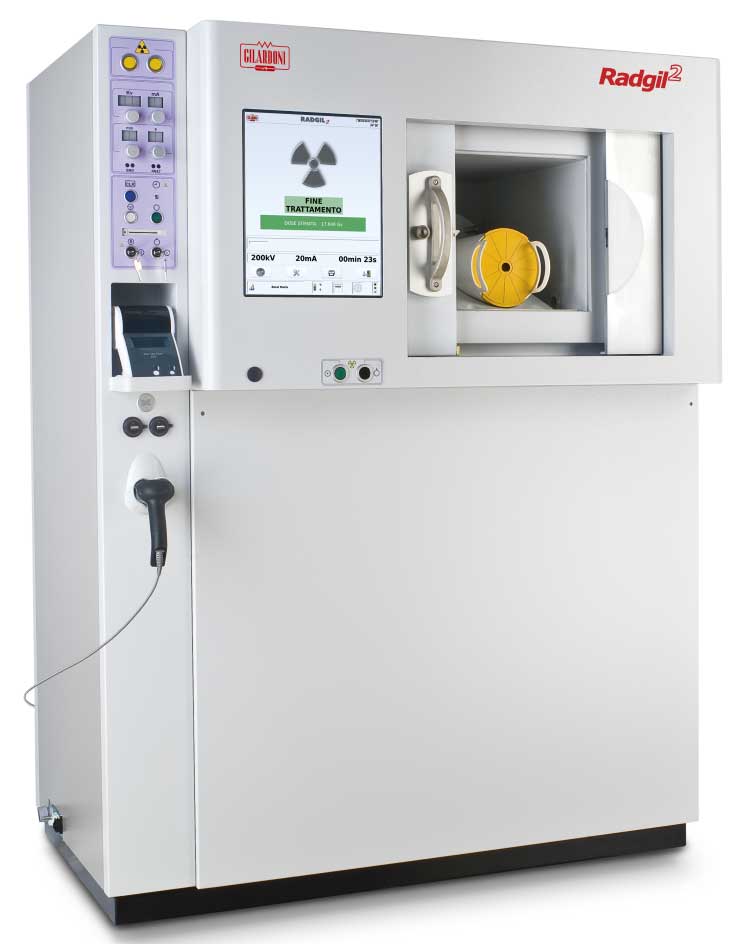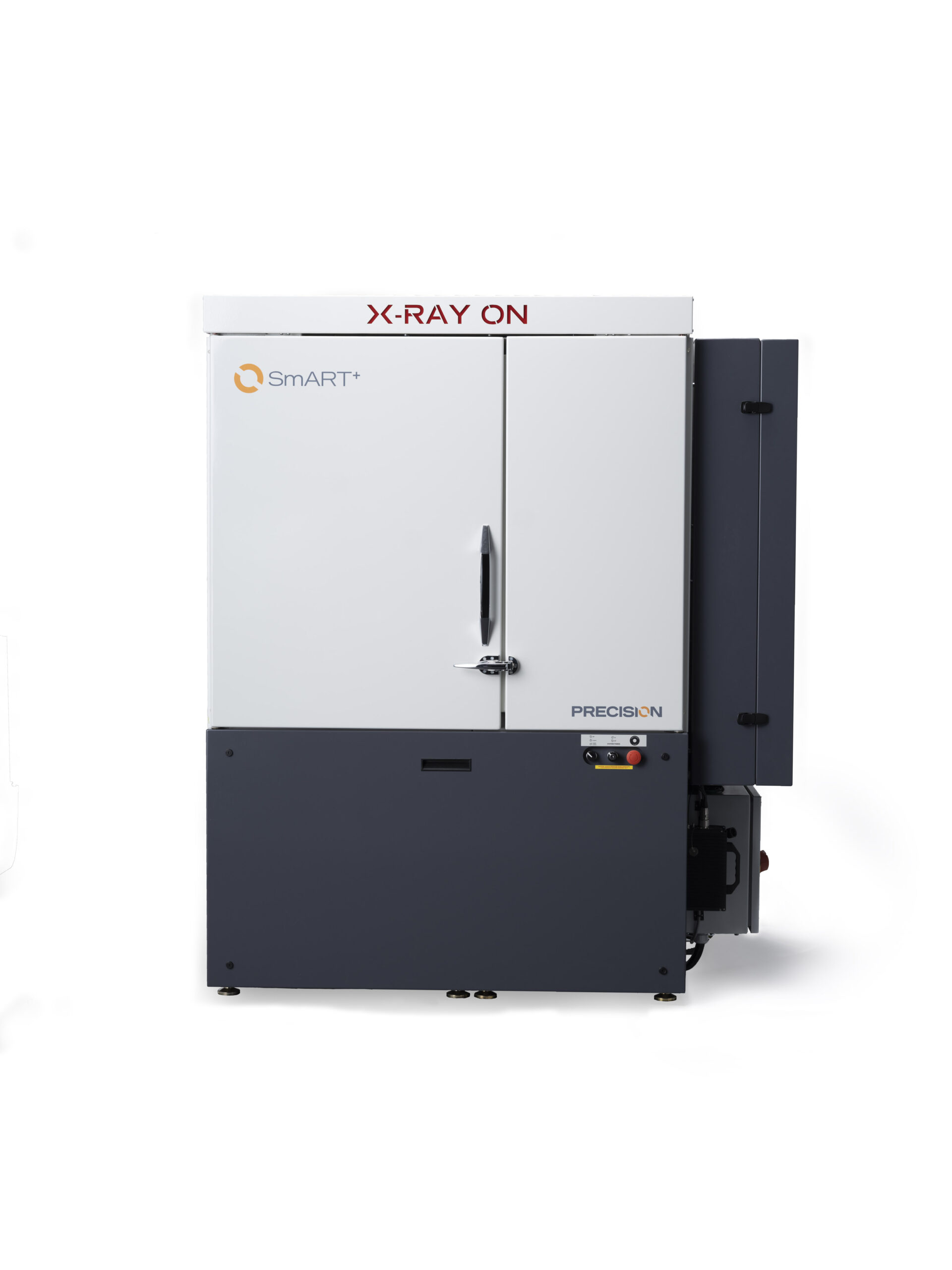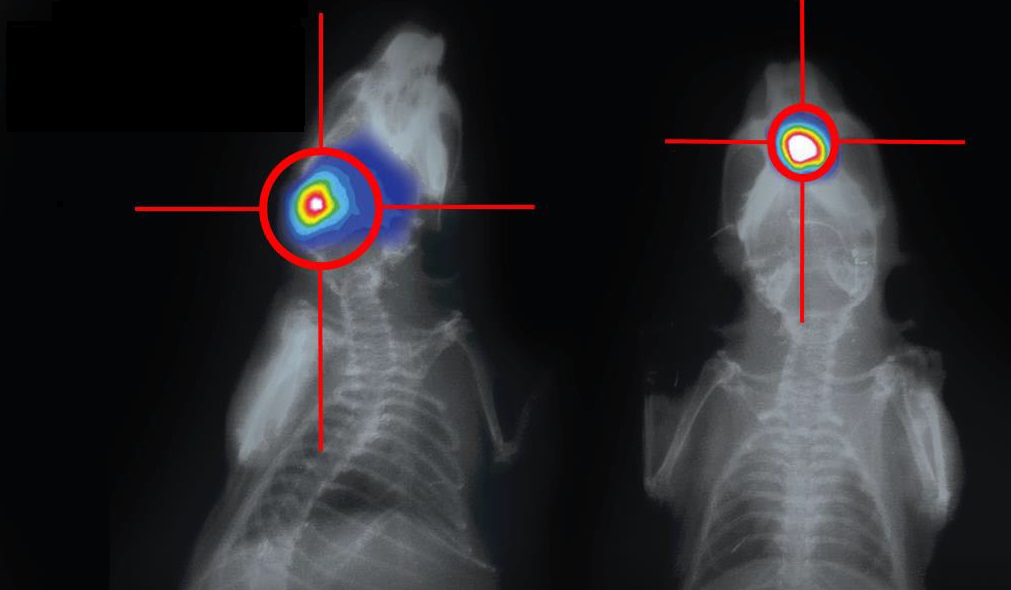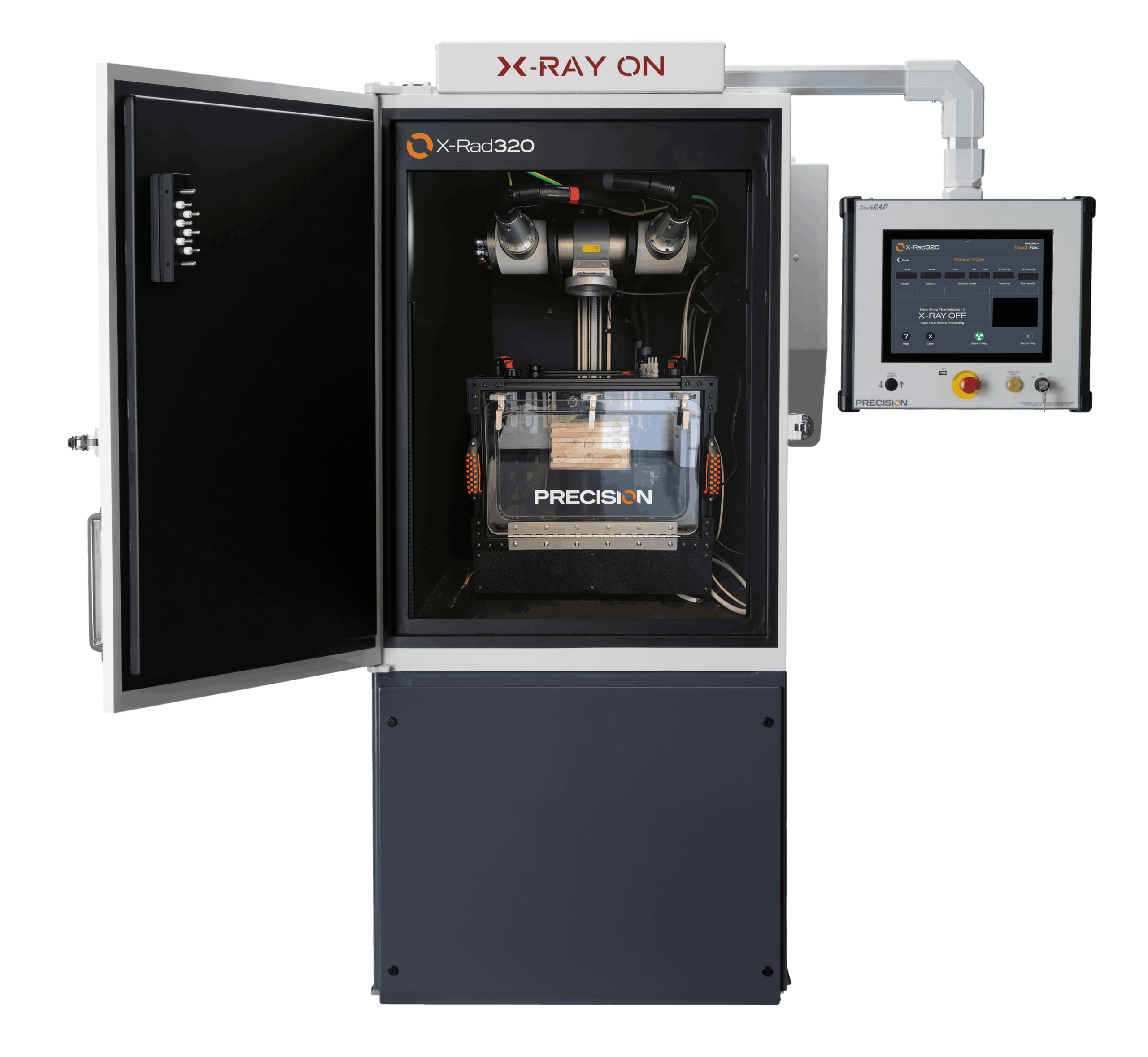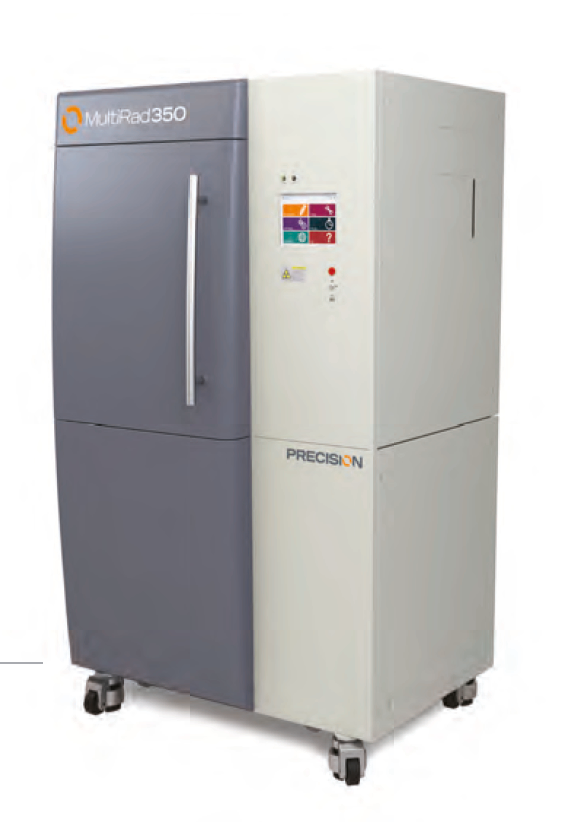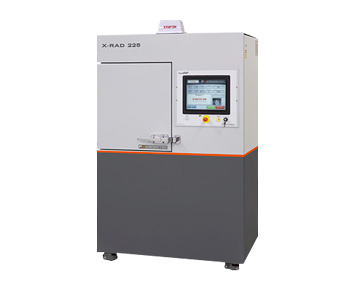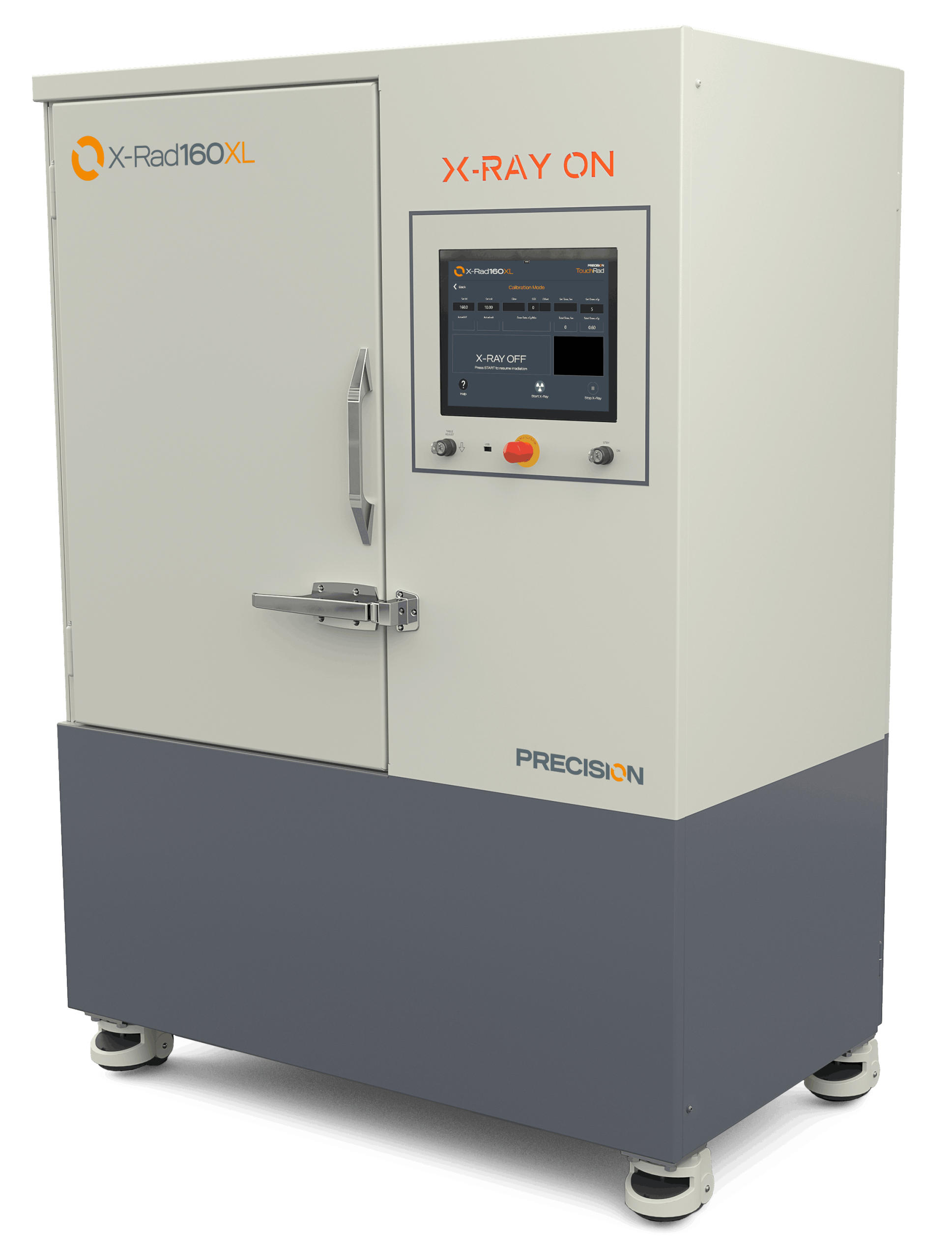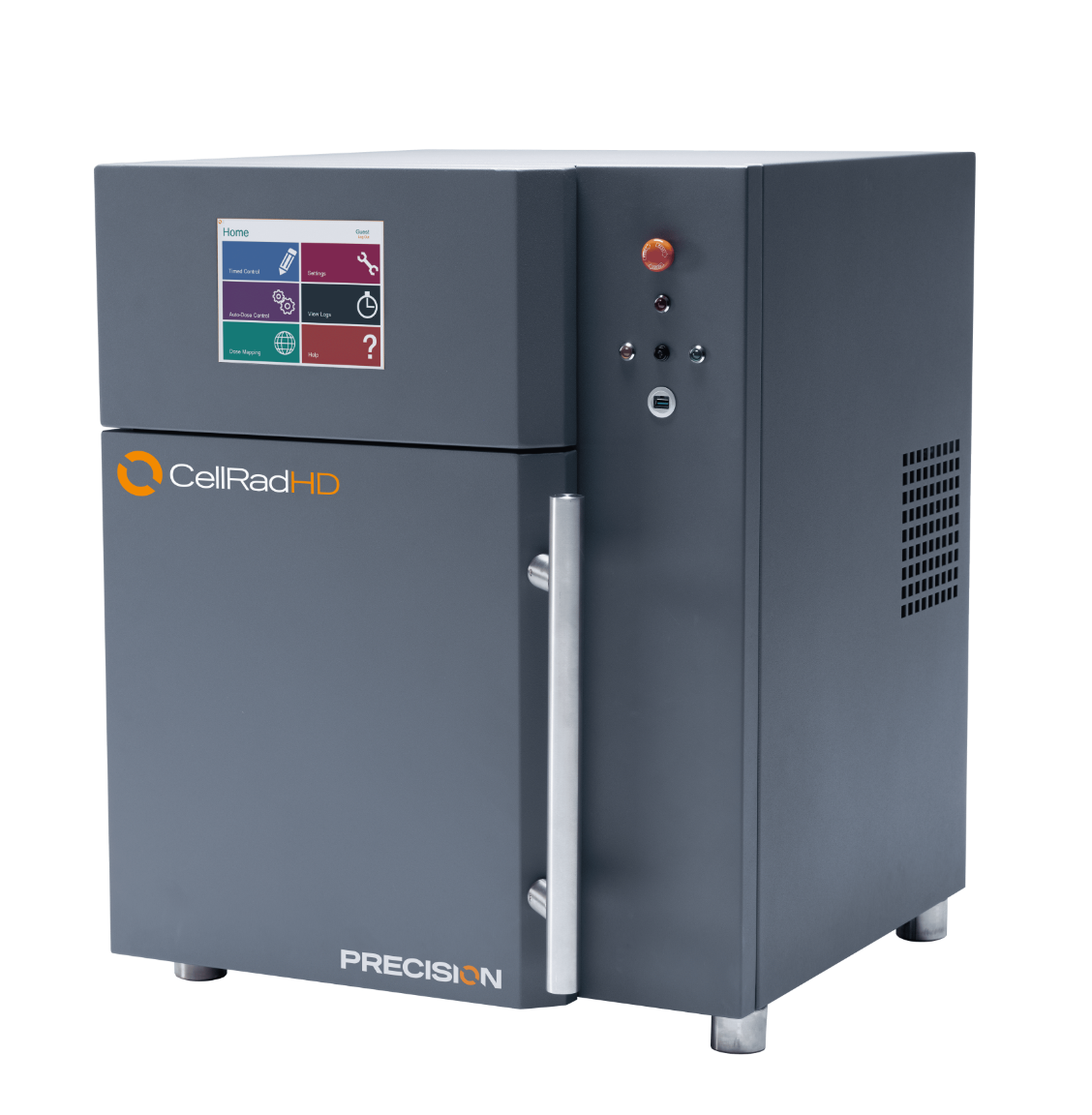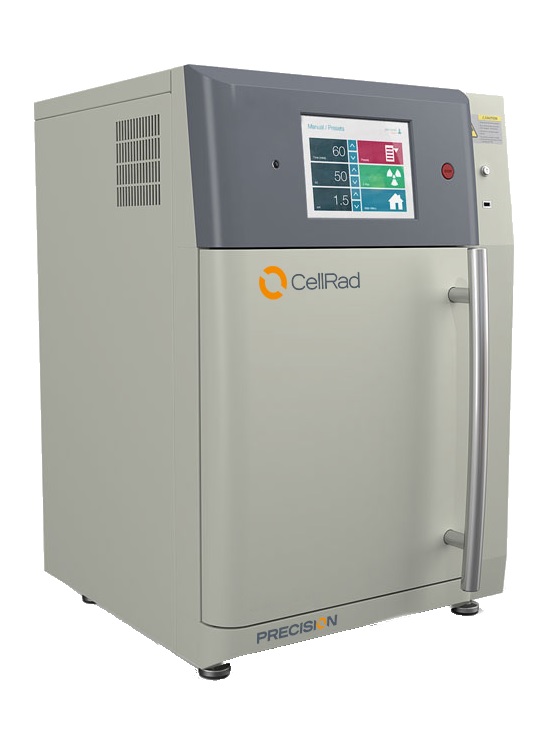Animal research

X-ray irradiation
Renewable, non-isotope, ionizing radiation and radiotherapy
X-ray irradiators are becoming a widely used tool in small animal research as they represent a direct replacement or alternative to traditional gamma irradiators. Therefore, comparing to traditional gamma irradiators, X-ray irradiators can be characterized by a range of advantages, such as relatively low operational costs, no requirements for the Nuclear Regulatory Commission or Nuclear Site License, and no requirements for a shielded or secure room.
X-ray irradiators have a range of possible applications. They are widely used in cancer research performed in small animal models to study underlying biological processes and to evaluate the effectiveness of novel treatment strategies. Some possible aspects of cancer research include tumor induction, tumor and microvascular treatment response, anti-cancer drugs development (tumor targeted agents enhancing irradiation efficacy) and mitigators development.
Other possible applications include studying of radiobiological effects of radiation in small animals, irradiation effects on regions characterized by specific microenvironmental factors (e.g. hypoxia), interactions among drugs, targeted agents and radiation treatments, induction of myeloablation and genetic mutations (DNA damage, chimera creation), radiation-induced inflammation studies and biodosimetry (irradiation biomarkers identification).
X-ray irradiators can also be used in irradiation of different biological specimens. Some of the examples are blood irradiation, cell research irradiation, sterile insect technique (SIT/SIR), viral inactivation, food irradiation testing & research and much more.


